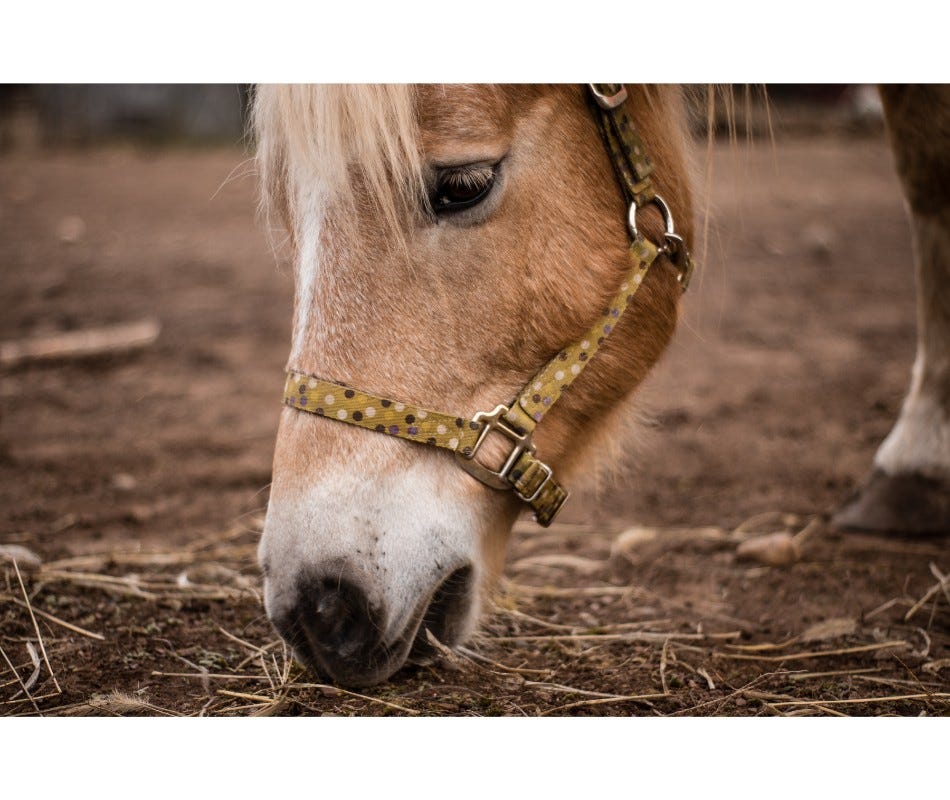We use cookies to make your experience better. To comply with the new e-Privacy directive, we need to ask for your consent to set the cookies. Learn more
Is sand colic a risk? Here's an easy test you can do at home...
What is Sand Colic?
Sand colic is a form of digestive disturbance that results from chronic accumulation of dirt and sand in the horse’s intestines. This condition can affect any horse that inhabits loose, sandy-soiled areas.
Horses can easily pick up sand from the ground when feeding from the ground or short grass.The granules of dirt and sand can settle at the bottom of the horse’s intestines – the colon specifically.Consequently these particles can irritate the lining of the intestines.
Mild form of sand colic is often accompanied by diarrhea and this form is usually transient.
But if enough sand continues to accumulate inside the intestines, the condition may become severe and cause further discomfort. Furthermore the intestines can get displaced or twisted and eventually rupture.

Check the risk with the Mason Jar test
The Mason jar test, also fecal floatation test, is one method used to determine just how much sand your horse has ingested.
The test involves taking six samples of fresh fecal balls, preferably on the middle part of the fecal pile to make sure you get uncontaminated sample. Place the sample in one quart of water and stir the contents carefully. Let the concoction stand for 15 minutes, and then check if you can see sand particles settling at the bottom of the jar.
If you check that the sand collected at the bottom of the jar amounts to more than one teaspoon, your horse could be ingesting a dangerous amount of sand.
How to minimise the risk of sand colic
If possible avoid feeding your horse with hay directly on the ground. Use mats or nets if possible. Manage & rotate your pastures properly to make sure they are not overgrazed.
If there is still a risk of sand building up, then do a monthly psyllium husk flush. Psyllium is relatively cheap and can be bought at most feed stores. For the first 3-5 days of the month, add one cup of psyllium to your horse's feed. This will act as an 'intestinal broom' and flush out the sand.
NB. Do not feed psyllium continuously as they horses system will adjust and it will lost it's 'flushing' abilities. Feed for 3-5 days in a row once a month. Always consult your Veterinarian if you suspect your horse has sand colic.








Validate your login